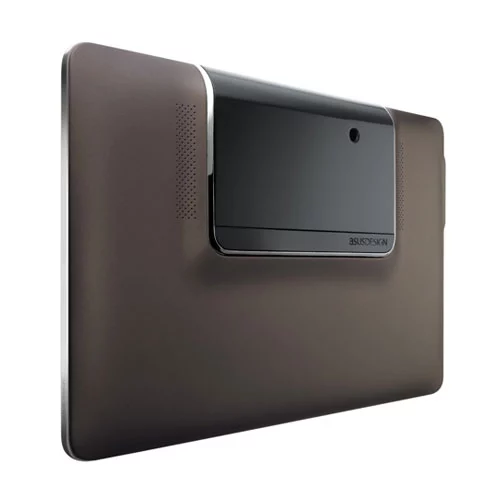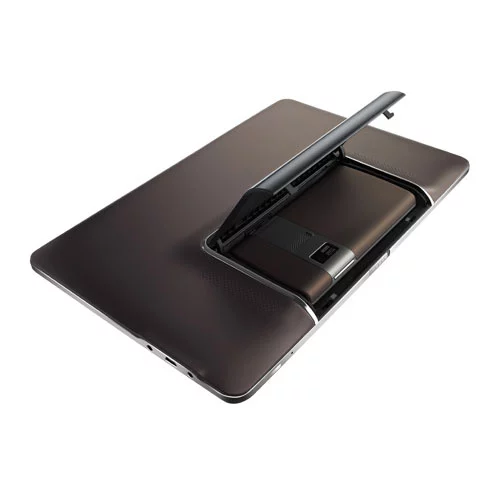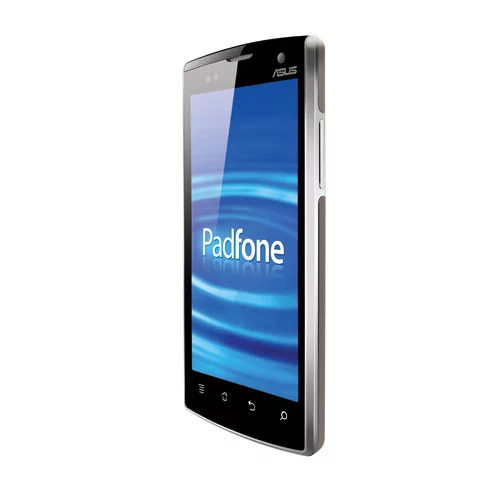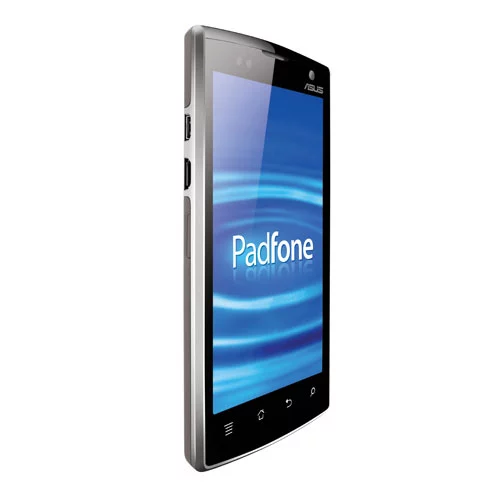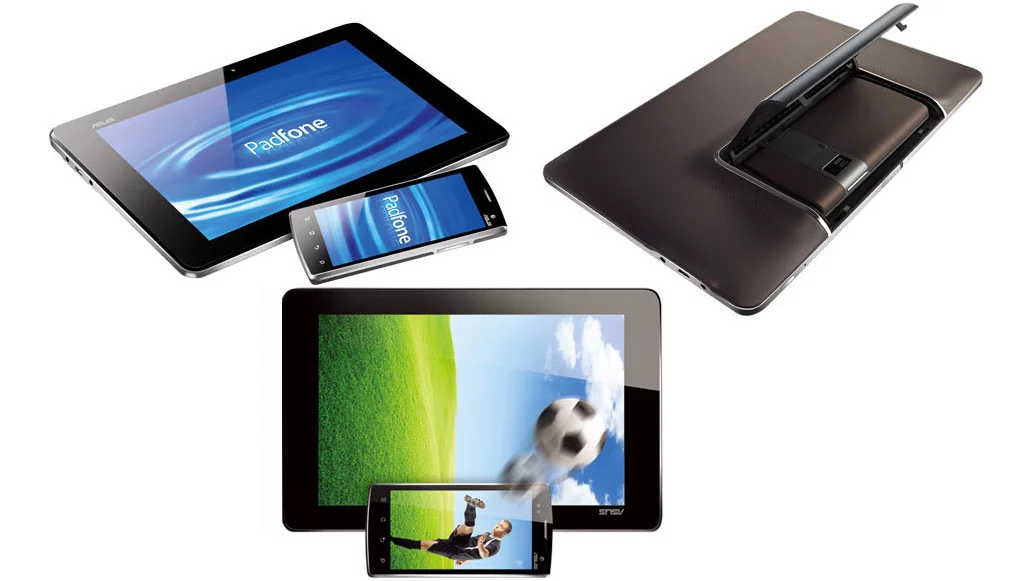Asus always opens its home computer show Computex with a bang and this year it was the Padfone - a 4.3-inch smartphone that docks inside a 10.1-inch tablet dock with dynamic display switching, two batteries, a shared SIM card, a single hard drive, Qualcomm processor, Android's next generation operating system (Ice Cream Sandwich) and a Q4, 2011 launch date with a price in the US$800-1,000 area.
While specifics are thin on the ground at the moment, the ASUS smartphone will run on the latest version of Android available at launch and have all the functionality we've come to expect from such a device - browsing the internet, checking emails, watching online videos and playing addictive games like Angry Birds. If you find yourself wanting to watch movies or enjoy games on a bigger screen, the smartphone can be docked within the body of the tablet. There's no need to switch off one to use the other, whatever you were up to at docking time will be continued on the bigger screen and if you receive a call while using the tablet, you could either whip out the phone or connect using a Bluetooth headset.
ASUS says that there will be some sort of shared storage pool in the smartphone part of the device so that users won't have to concern themselves with synchronizing data between the two. This also suggests that the smartphone will likely provide the processing for the tablet too. The tablet, though, will not be a mere dumb terminal - it will also provide extra connectivity ports and some juice for the smartphone's battery.
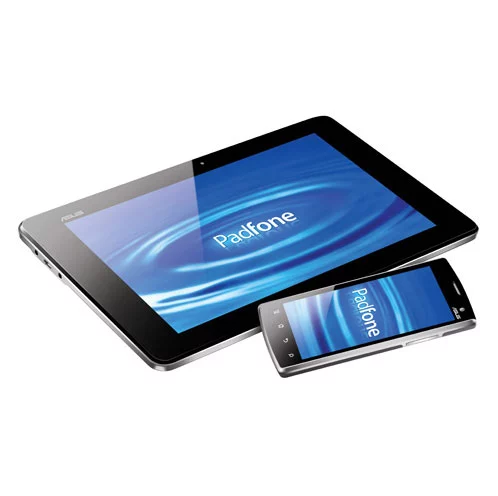
It's another design masterpiece from ASUS, which consistently demonstrates the ability to think outside the square and the Padfone will enable users to switch between pad and phone for a best-fit user experience - too often I find myself using a smartphone and wanting more screen real estate or a tablet but finding it restrictive in the environment - the Padfone will definitely cure that problem.
It will also be interesting to see if this two-in-one approach encourages Android developers not to charge for separate phone/tablet ("HD") versions as is very common (and very annoying) on iOS devices.






